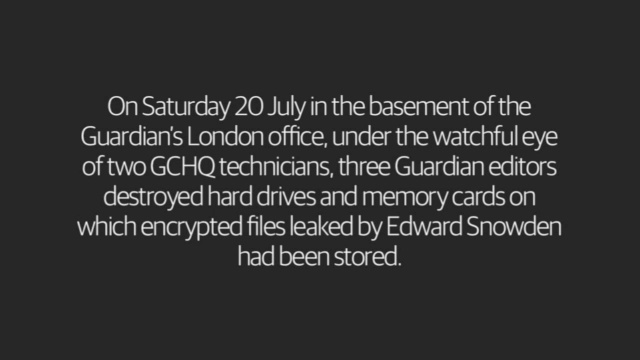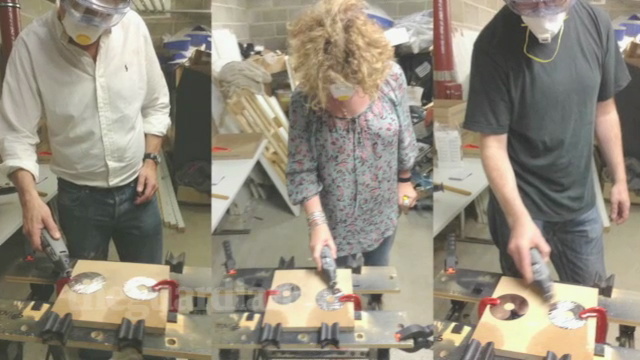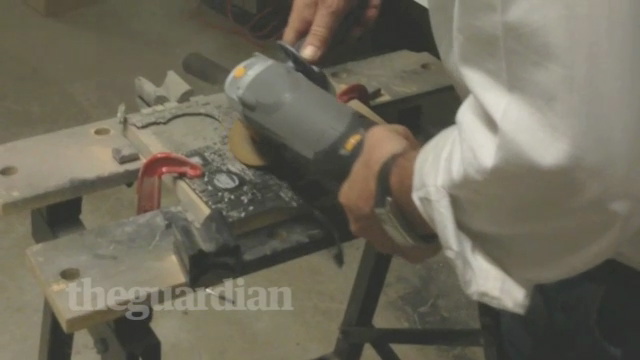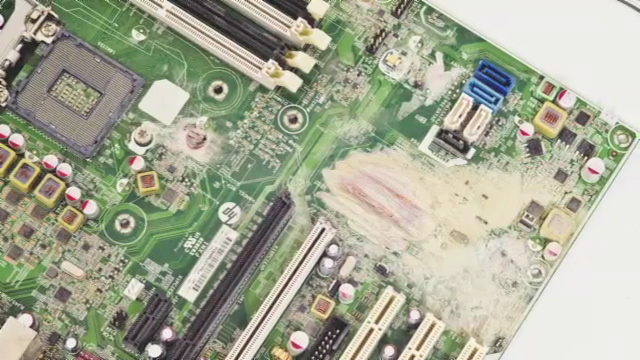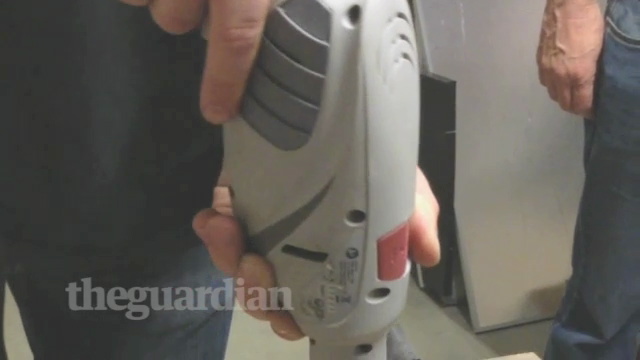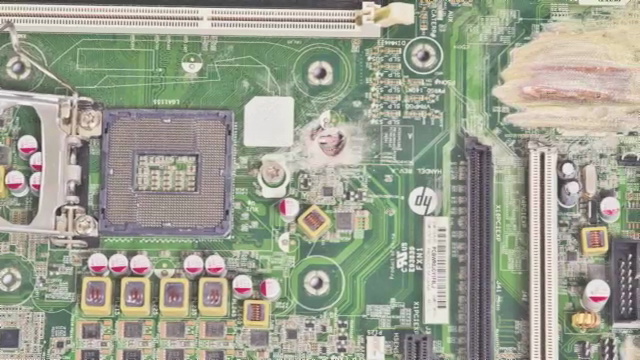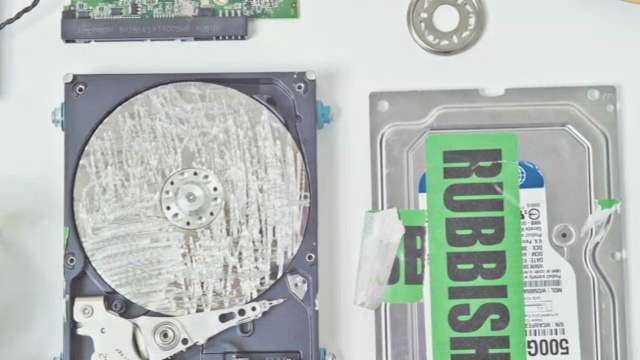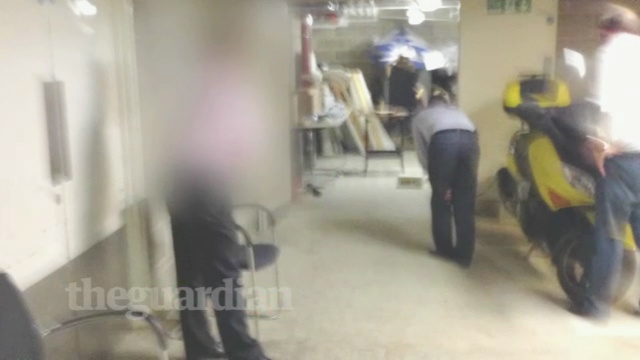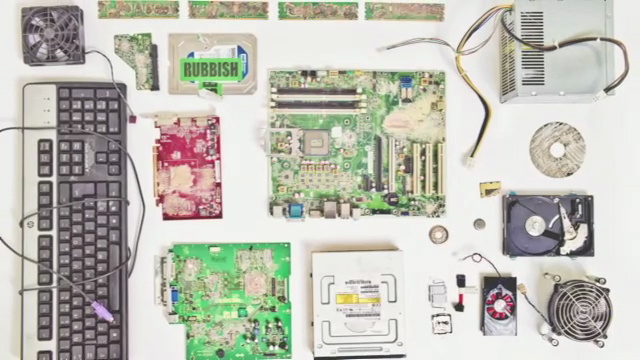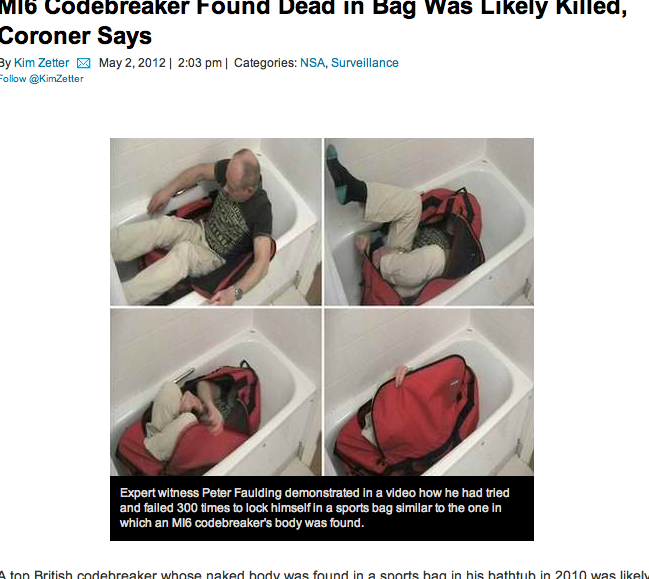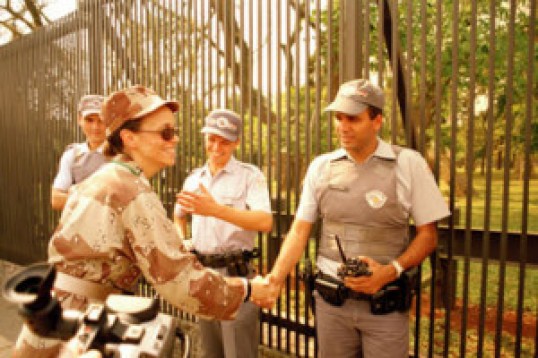Wednesday, 11 November 2015, 10h30-12h00
“The European border regime in South Eastern Europe – between collapse and resurrection”
Tobias Flessenkemper, Senior Associate Researcher
Centre international de formation européenne (CIFE) – European Institute, Nice/Berlin/Istanbul
Tobias Flessenkemper is working on the issue of external and internal security policies of the European Union with a focus on South Eastern Europe and the European neighbourhood. He holds a M.A. of the University of Cologne in Political Science and a European Master in International Humanitarian Assistance of the Ruhr-University Bochum. Since 1996 he worked for international organisations in Brussels and South Eastern Europe and currently manages elbarlament.org an independent organisation working in the field of democratic governance.
